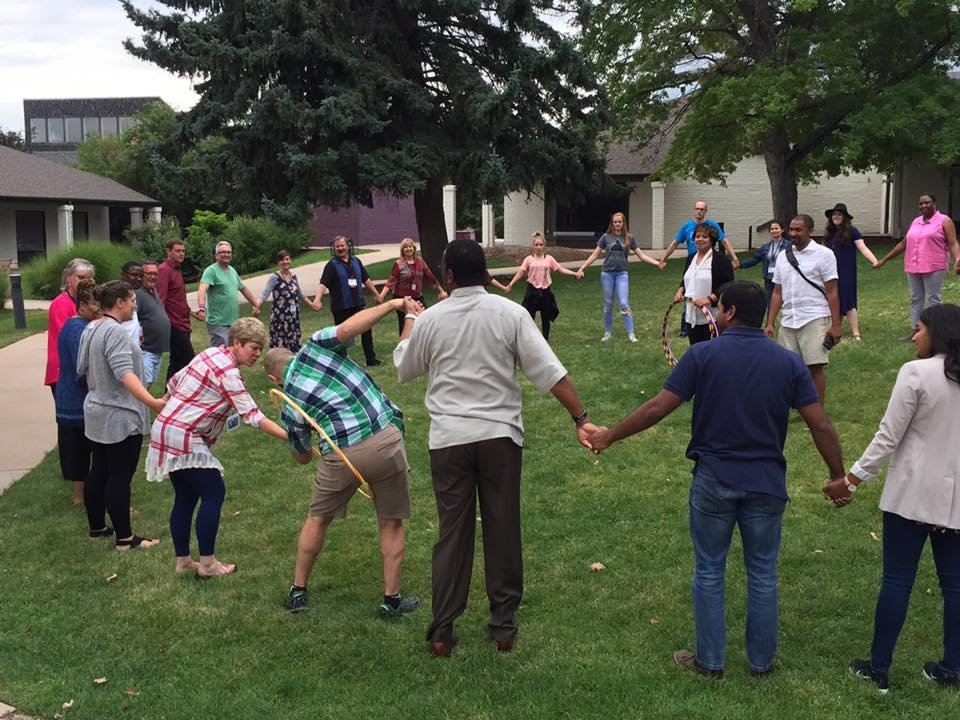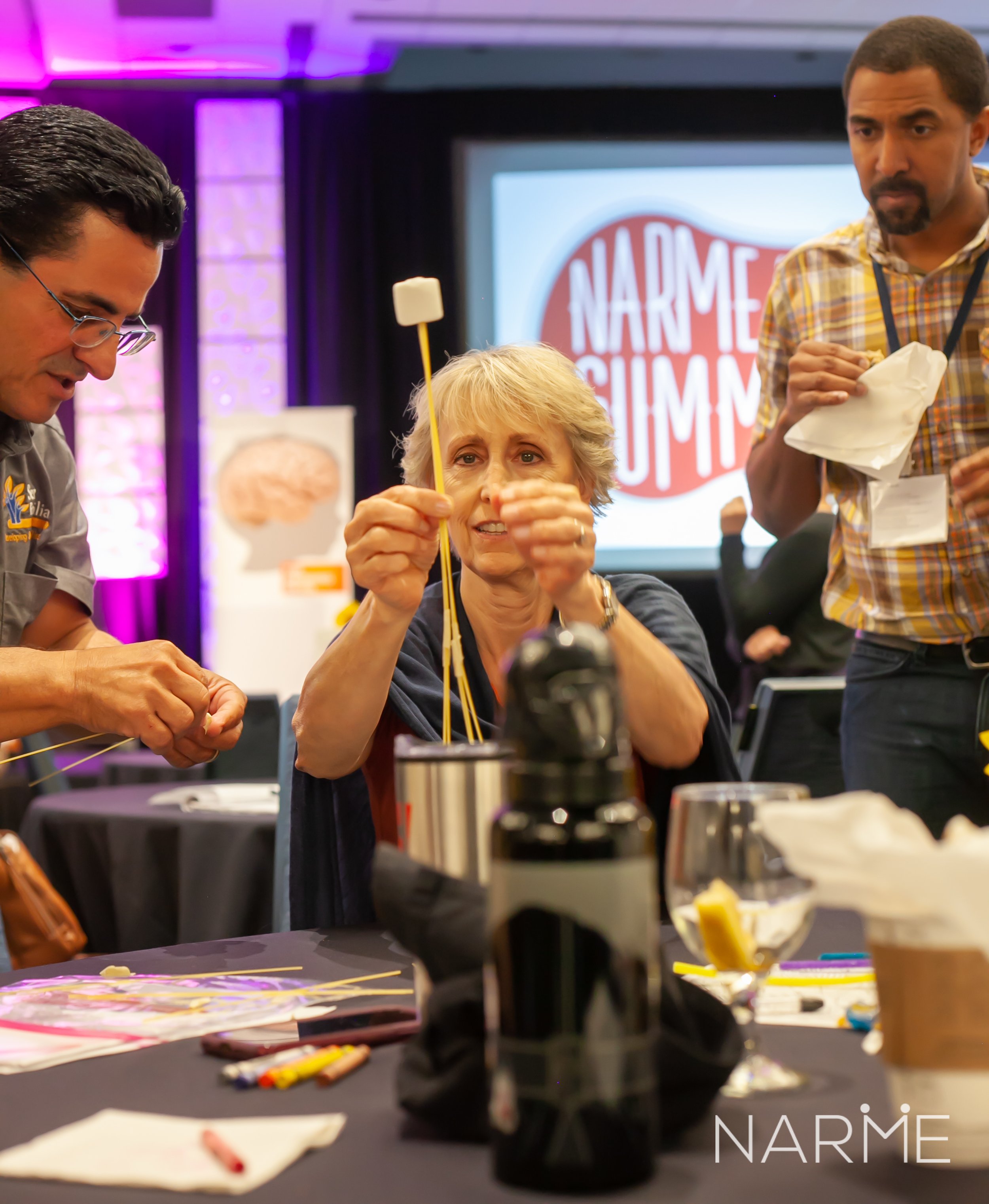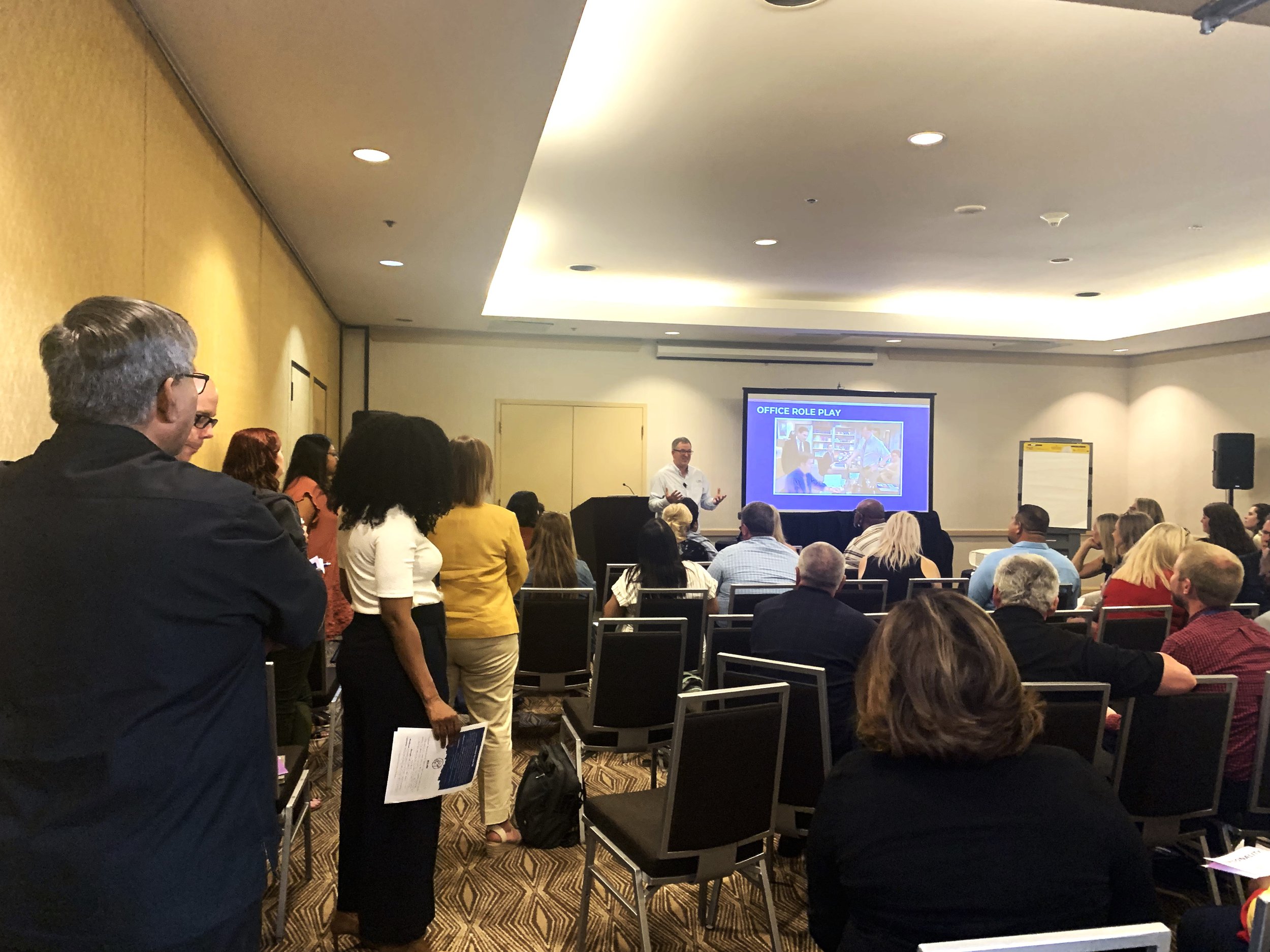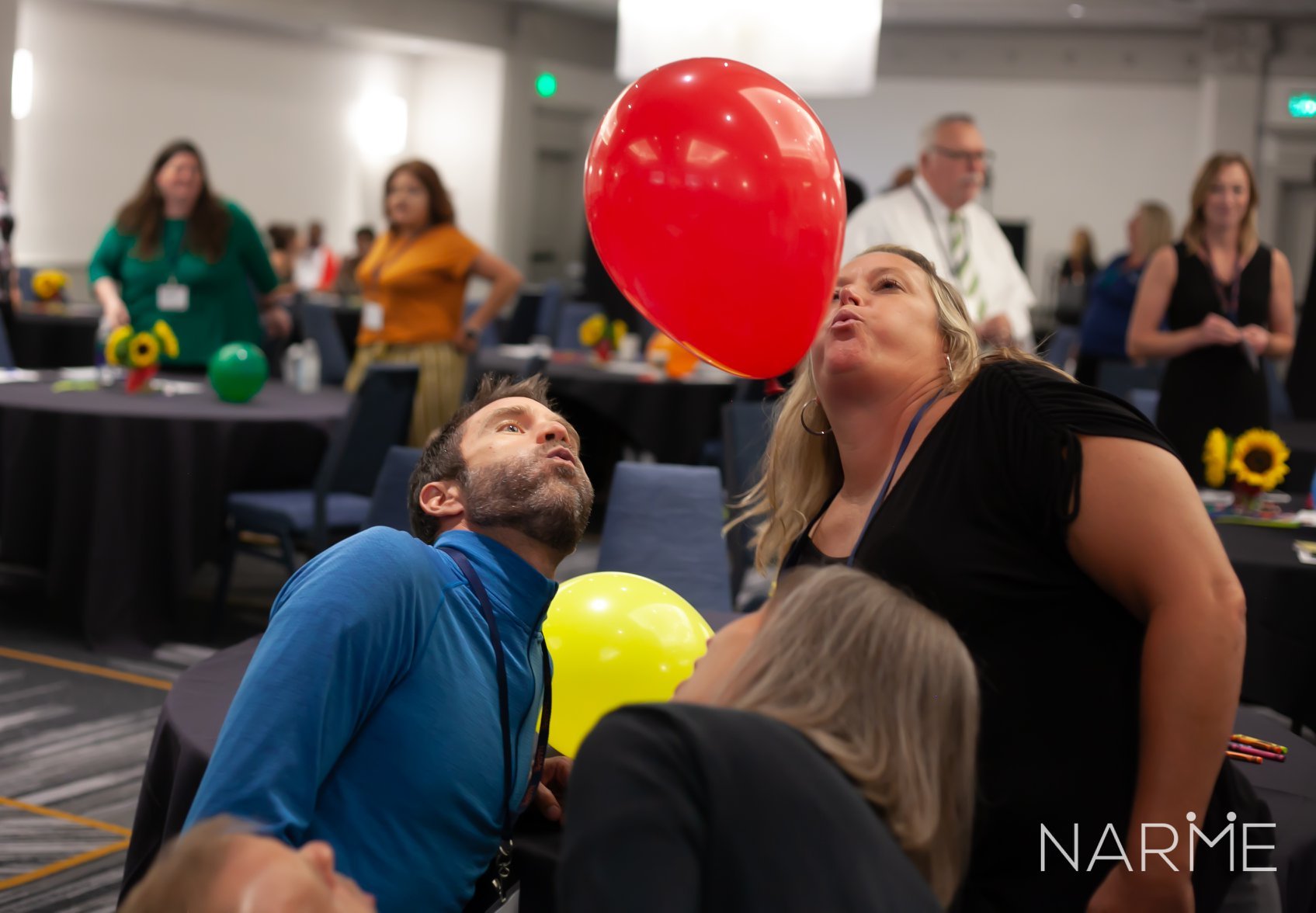
NARME equips leaders and practitioners with research-based relationship education strategies, tools, and best practices to develop healthy relationships, stronger marriages, and safe and stable families to increase human flourishing.
The site of the 2026 NARME Summit will be Denver, CO.
Proposed Model State Legislation and Policy Initiative for
Strengthening Marriages and Families and Reducing Divorce to
Decrease Poverty and Increase Health and Human Flourishing
The National Alliance for Relationship and Marriage Education (NARME) is dedicated to building healthy marriages and families. It primarily supports practitioners across North America providing relationship education services to communities.
Public policy has a vital role in strengthening marriages and families. One way it does this is by supporting the work of relationship educators and other professionals, especially those serving more vulnerable individuals and families. As Dr. Melissa Kearney’s essential work documents,[1] stable two-parent families confer a distinct and significant social and economic advantage on children. They can also substantially reduce the public costs associated with family instability.[2]
The NARME Board of Directors calls upon state legislators and policymakers to enact legislation to support the core public policy goal of increasing the proportion of children growing up in two-parent families with parents in a healthy, stable marriage. This includes promoting healthy dating practices and skills, increasing the marriage rate (forming healthy marriages), sustaining healthy relationships and marriages, and decreasing the divorce rate. This also includes creating policies to help families when healthy, married, two-parent families are not a reasonable option.
NARME recognizes that there are laws and policies that indirectly impact the ability to form and sustain healthy relationships and stable marriages. Law and policies must work to create the fertile soil in which the seeds of healthy relationships and strong marriages can thrive. However, this document focuses on state policy measures that directly target the formation and maintenance of healthy marriages and stable family relationships. States set and govern most family laws and policies in the United States.
RECOMMENDATIONS FOR POLICY AND LEGISLATION Learn more:
Why relationship education?
The Power of Relationship Education
Relationship education (RE) is any type of course, program, or brief intervention that seeks to strengthen the couple relationship and help them achieve their goals for a happy and loving partnership (Markman et al., 2022). It also includes relationship literacy education for individuals, including youth and young adults, to help them envision and prepare for healthy romantic relationships. RE is not therapy. It emphasizes education to prevent problems or reduce them when they begin to emerge. RE courses teach concepts such as communication skills, setting realistic expectations, and deepening commitment to and understanding of a partner (Hawkins & Boyd, 2018). RE is available to all types of people in all different kinds of situations — married or unmarried, gay or straight, young or old, stable or struggling.














Vision Statement
A society where all families flourish.
Diversity Statement
NARME respects, values, and welcomes all individuals, groups, and organizations, and seeks to impart data and knowledge that can enhance human flourishing and healthy relationships throughout the lifespan.
Mission Statement
NARME equips leaders and practitioners with research-based relationship education strategies, tools, and best practices to develop healthy relationships, stronger marriages, and safe and stable families to increase human flourishing.
Values
Excellence – We uphold the highest quality in professional practices
Integrity – We hold ourselves to the highest standards of honesty and accountability
Leadership – We articulate a vision of family well-being that inspires others
Collaboration – We share expertise and foster connection with others to maximize impact
Service – We empower our stakeholders to be successful


